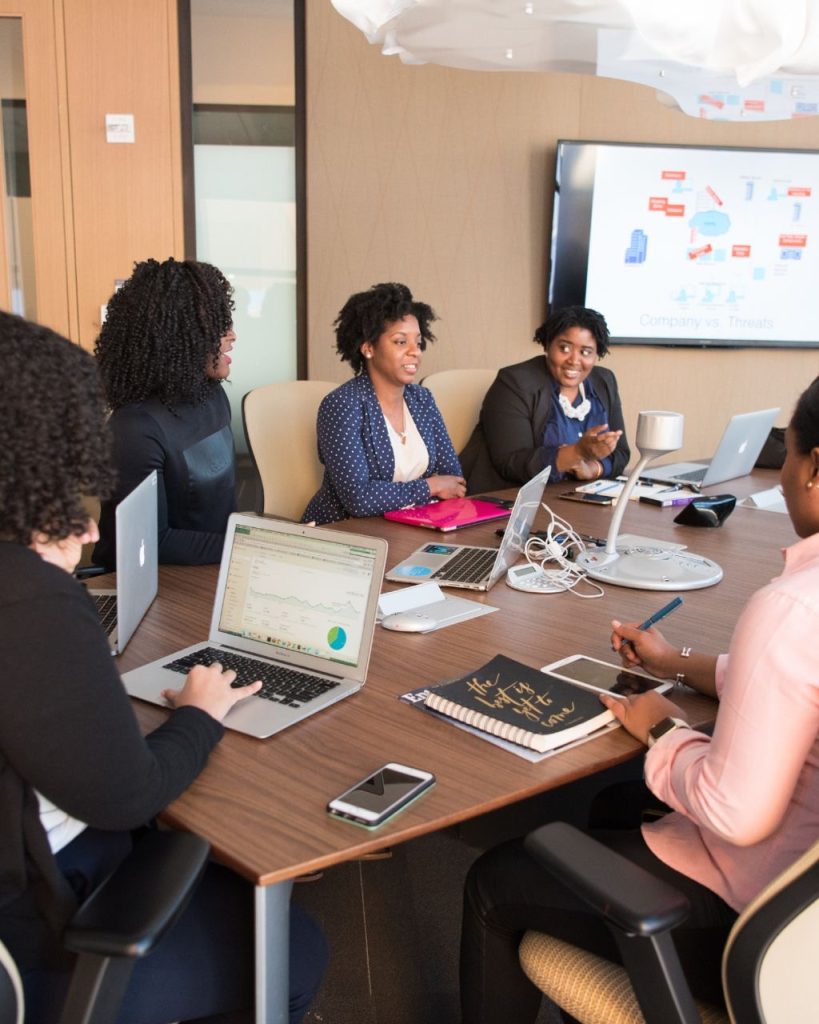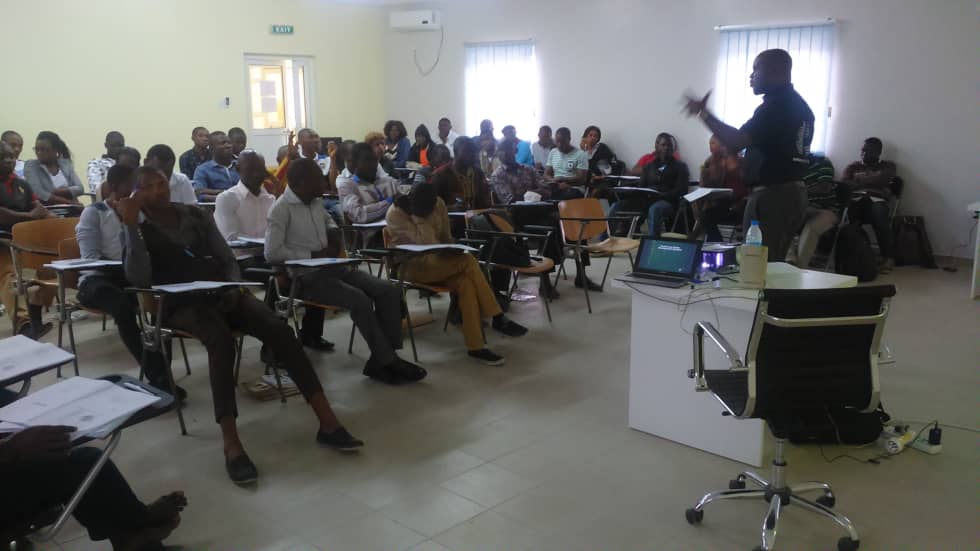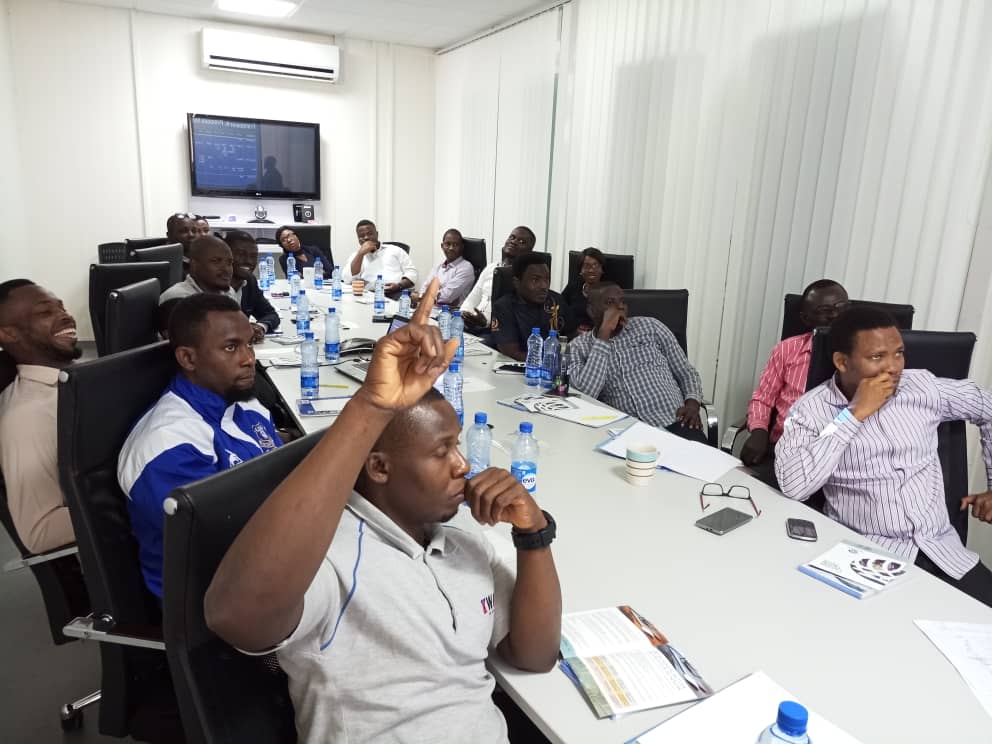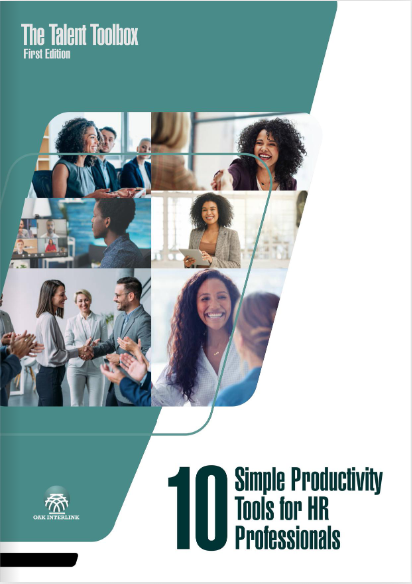The future of work is changing fast. With advancements in technology, evolving workplace dynamics, and shifting industry demands, businesses need to look ahead and provide their workforce with skills that will be essential in the coming years. If you’re an HR professional and learning and development (L&D) manager, keeping an eye on these critical skills and strategically planning training programs around them can set your business—and your employees—up for long-term success.
Here’s a look at the top seven skills your workforce will need to stay competitive and resilient in the next five years.

1. Digital Literacy and Tech Adaptability
Technology’s role in the workplace is only growing, impacting every sector from finance to healthcare and beyond. Digital literacy isn’t just about understanding current tools; it’s about cultivating adaptability to future technologies. Employees need the ability to work seamlessly with digital platforms, analyze data, and leverage new tools to solve problems and boost productivity.
What to focus on: Provide training in areas like data analysis, AI-driven tools, and emerging software. Consider offering certifications in tech fundamentals relevant to your industry, as well as courses on new technologies as they arise.

2. Complex Problem-Solving
In a world where things are rapidly changing, employees who can navigate complexity and tackle multi-layered problems bring enormous value to your organization. Complex problem-solving involves analyzing intricate issues, assessing data, and finding innovative, often unconventional, solutions.
What to focus on: Encourage scenario-based training where employees can practice problem-solving with real-world simulations. Consider creating a learning environment where employees are encouraged to think critically and explore multiple perspectives.

3. Emotional Intelligence (EQ)
As organizations increasingly emphasize collaboration and customer-centric strategies, emotional intelligence (EQ) has become a cornerstone skill. EQ involves understanding, managing, and using emotional information to improve relationships, reduce conflict, and facilitate effective teamwork.
What to focus on: Offer training in communication, empathy, and self-regulation. Role-playing exercises and feedback-based activities are effective tools to help employees practice empathy and constructive communication in real-world scenarios.

4. Critical Thinking and Analysis
With the rise of big data and digital information, critical thinking is essential for assessing data, interpreting results, and making informed decisions. Employees skilled in critical thinking will add value by approaching tasks analytically, asking the right questions, and making data-driven decisions that align with business objectives.
What to focus on: Data literacy workshops and analytical skill development courses can help employees become more comfortable with data. Promote a culture that values curiosity and encourages employees to dig deeper into information before forming conclusions.

5. Adaptability and Flexibility
Adaptability goes hand-in-hand with resilience. As businesses face constant change, employees need to feel equipped to shift gears when needed. Adaptable employees are better able to take on new roles, learn new skills, and work with evolving teams or business models.
What to focus on: Encourage cross-functional learning, job rotations, and “stretch assignments” to expose employees to new environments. Support a growth mindset by recognizing efforts to step out of comfort zones, even when challenges arise.

6. Leadership and Influence
With flatter organizational structures and more collaborative workplaces, leadership skills are no longer reserved for management alone. Every employee should understand how to lead projects, influence their peers, and drive positive change within their team.
What to focus on: Develop leadership training that includes soft skills like negotiation, team building, and communication. Provide opportunities for employees to lead small projects or participate in cross-functional initiatives to hone their leadership and influence skills.

7. Creativity and Innovation
Creativity fuels innovation, and in the business world, it’s a critical skill for finding new ways to address challenges, attract customers, and keep up with competitors. Creativity isn’t just about “thinking outside the box”—it’s also about approaching work with an open mind and a willingness to try unconventional solutions.
What to focus on: Incorporate brainstorming sessions and innovation workshops into regular training. Encourage a workplace culture where new ideas are welcomed, experimentation is supported, and employees feel safe to take risks and learn from mistakes.

Implementing a Future-Ready Training Strategy
To prepare your workforce with these essential skills, L&D managers and HR professionals can adopt a proactive training strategy that aligns with both current and emerging needs. Here are a few ways to make it happen:
- Personalized Learning Paths: Tailor training programs to individual career paths and performance goals to maximize engagement and relevancy.
- Blended Learning: Combine traditional workshops with digital learning tools to allow for flexibility in how employees build skills.
- Continuous Development Programs: Rather than one-time training events, offer continuous learning opportunities and access to resources like online courses, webinars, and workshops.
- Feedback-Driven Training: Collect regular feedback on training programs and adjust based on employee needs and industry trends.
Staying ahead of skill trends is a powerful way to future-proof your workforce and ensure your organization remains competitive. By prioritizing these skills, you can prepare employees for the challenges and opportunities of the future workplace. For HR and L&D leaders, the commitment to upskilling in these areas goes beyond preparing employees for current roles—it’s an investment in the future success and adaptability of your entire organization.








